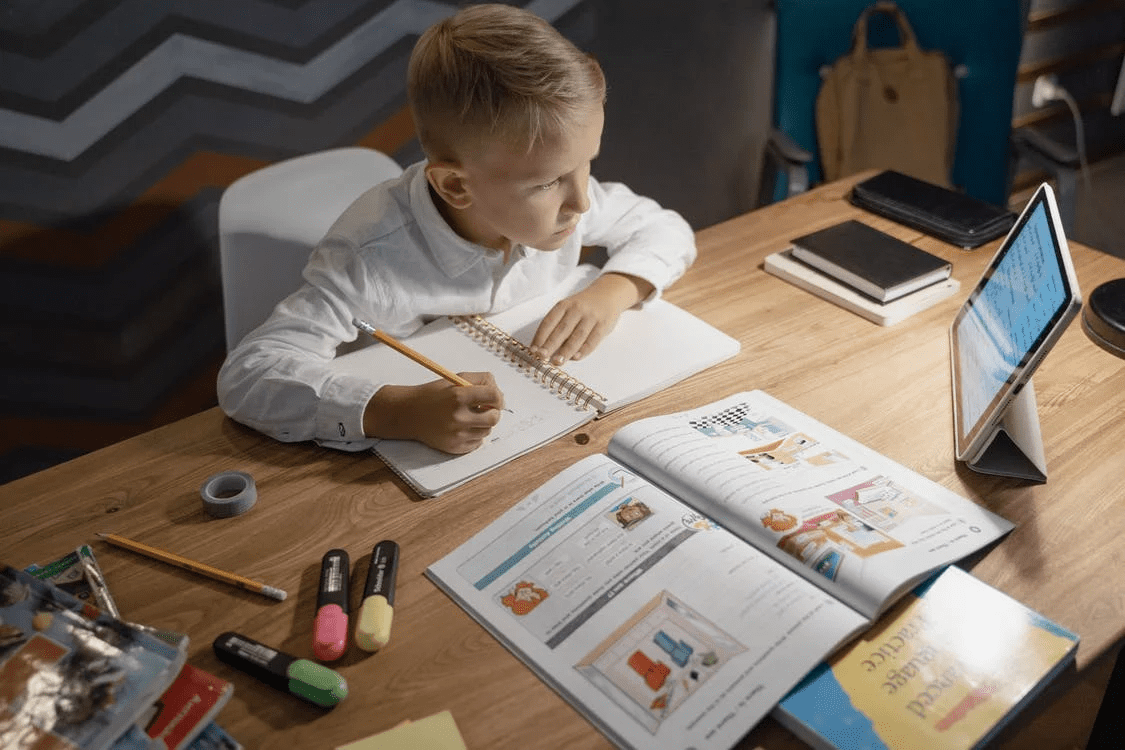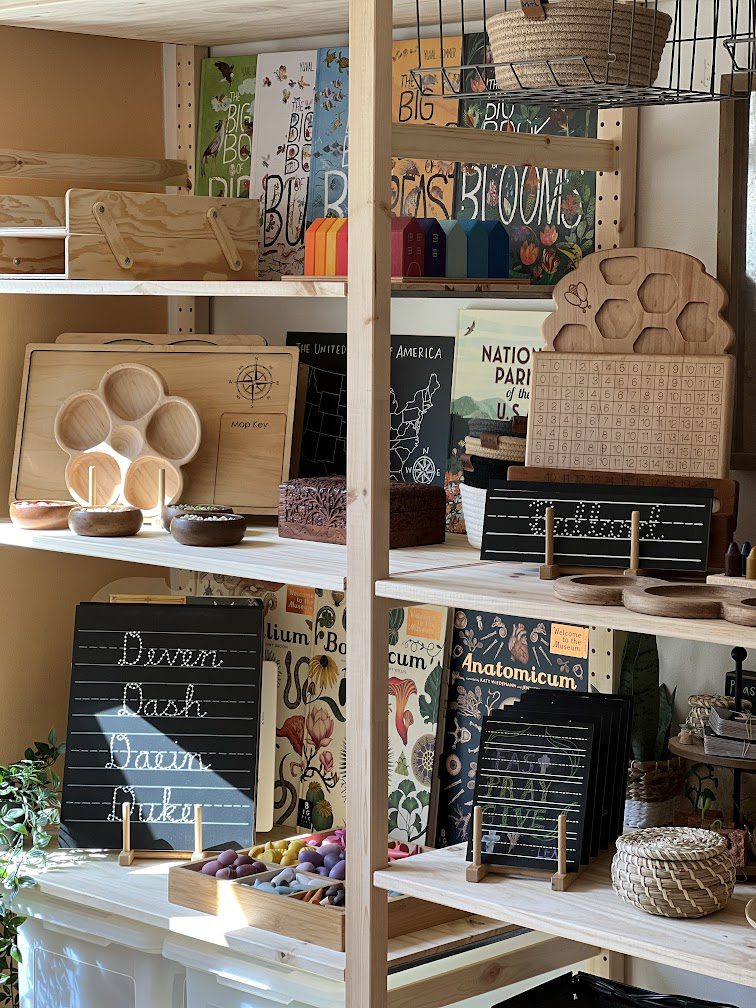10 Tips For Being A Great Home Educator

The pandemic has really taught a lot of parents that being an at home educator is not a bad idea. If you are homesteading, or you are intending to continue being a home educator for your children beyond the pandemic, it can help to know what you could do to be a great home educator. The schools all closed the gates and we were made to keep the kids at home throughout lockdown, and that has fostered a love of teaching in so many parents who didn’t know it was there before.
Of course, every family is different. There were plenty of families that did not thrive due to home education. However, those that did thrive were able to flourish because they knew where to get the best teacher resources. Once they had what they needed, it was much easier to teach their children effectively at home beyond what the school was doing. They saw a difference in their children, children who are much happier to be learning at home and thriving while they were there. Every home has different configurations, so what works great for one person, might not work at all for someone else.

Here are some of the most useful tips for being a great home educator:
- Set up a place dedicated to schoolwork. It’s great to have teacher resources, but if the only place you have for learning is a dining room table you may need to have a rethink. Having a dedicated place for schoolwork gets the children feeling ready and able to learn. It also takes you out of your home comforts and puts you into teacher mode. As long as you have some good lighting and no distractions it will be an excellent teaching space.
- Gather your resources. Teacher resources are one thing but you also need to have pens, pencils, books, whiteboards – there are plenty of stationery options out there that you need to consider. You should also make sure that you have a roll of stickers and colorful items to be able to encourage your child to continue to learn in the moments you are teaching.
- Check the curriculum. Lots of families choose not to go with the standard curriculum set out by the local government. In fact, there are many parents out there that will unschool their children and teach them in new ways. If you want to stick with the curriculum and raise your children with the same school structure they would’ve had in an actual school, make sure that you have the learning materials to help you. Teachers would never expect you as a parent to know everything, and you’re not a trained teacher! However, as long as you can have the materials and resources to help you, you’ll be able to teach anything.
- Be patient. If you want to be a great home educator, you need to be patient with your children. Remember, they are not masking any fear, worry, joy – as they would normally do at school. As a parent, they will continue to show you the emotions and moods that they would if they were at home all the time. Set the day up as if you would like them to be at school even if you’re only doing home education for an hour or two at a time. Be patient with your children as you’re all settling into a new routine. Patience makes great home educators.
- Remember that you’re in this together. Talk to your children about what they would like to learn, and how they would like to learn. If they prefer to learn by reading, or drawing, you can change all your activities to suit their learning styles. If you get them involved in planning the teaching, you’re going to have effective and interested learners.
- Break up your time. One thing that you’ll notice is the difference between school and home learning is that at home, you can do the same lessons that school would do in half the time. You don’t have to keep your kids sitting around for a whole day, it just takes that long in a regular school setting because there are more than one or two children to teach.
- Look for learning opportunities everywhere. Just because you set up a desk space and a mini indoor classroom doesn’t mean this is the only place your children are going to learn. They can learn in the kitchen while they learn to cook, and they can learn in the laundry room while they learn to work the appliances. You can even get outside and get into nature – this is a great place to learn.
- Remember that there is more than just the curriculum. Is the curriculum going to teach your children to listen to bird calls and tell the difference between them? Is the curriculum going to tell them that they could have a lesson in stacking sandcastles one on top of the other to see how tall they can get them before they collapse? Your curriculum at home is going to be different to the school one and that’s perfectly fine.
- They can still maintain friendships. If you link up with other nearby home educators, scout groups, gymnastics classes, swimming classes – you get the gist – your children still remain social. Let’s not pretend that school is the only place they can socialize, especially as school is an environment where they are taught to sit down and be quiet rather than speak up and be social.
- Sometimes it will go wrong. It doesn’t sound like a positive tip, but it is. You are as new to home education as your children are to being home educated. Not every day is going to go correctly and not every day is going to feel like they learned anything. You may also have the battle of getting them off screen time if you’re imposing some limits. One of the biggest things that you can get out of being a home educator is saying that your children are going to be learning from you. This isn’t going to happen every single day. Be okay with that, and your home education journey will be a good one!!!

The post 10 Tips For Being A Great Home Educator appeared first on The Fashionable Housewife.
